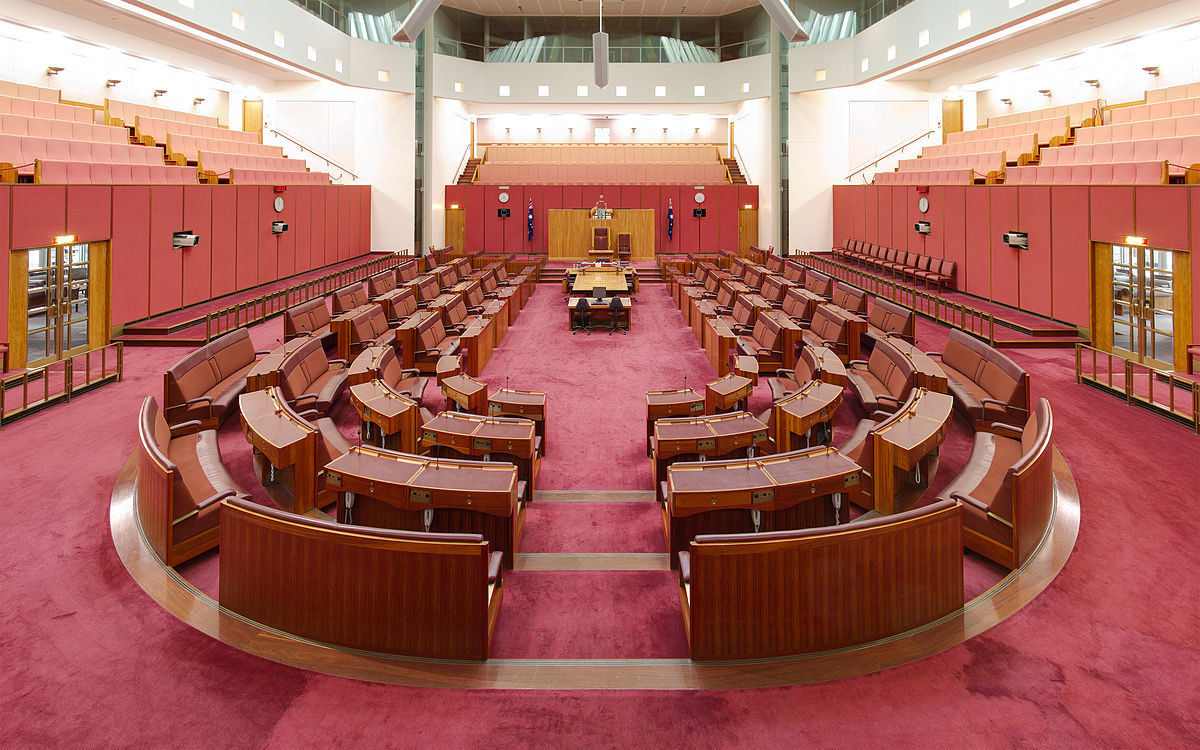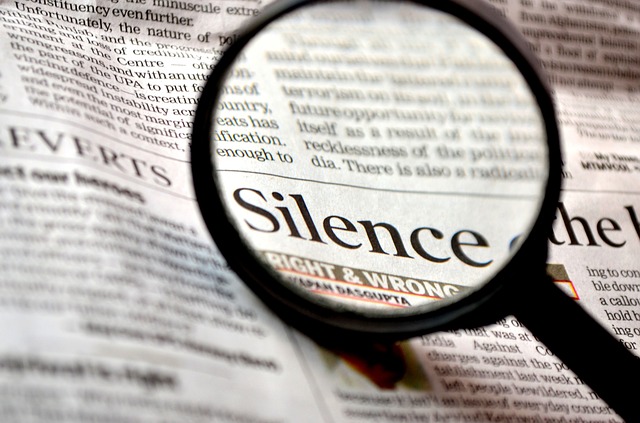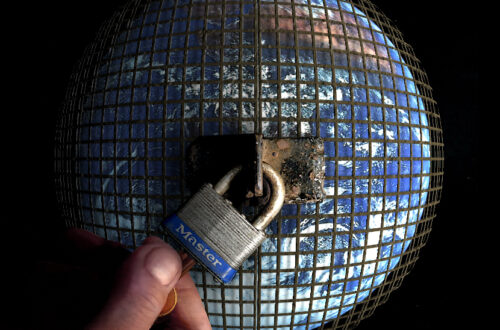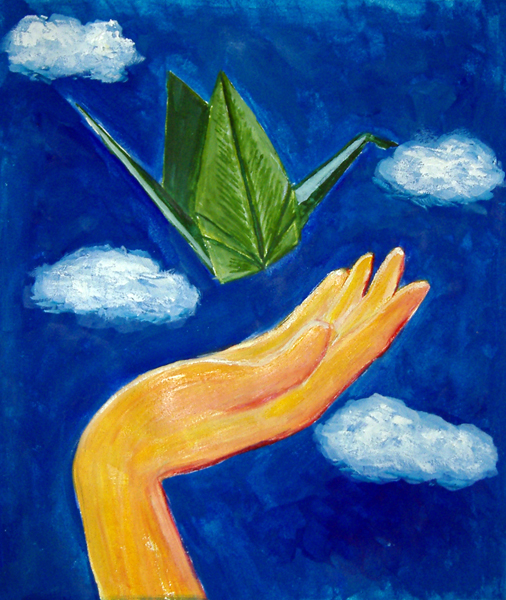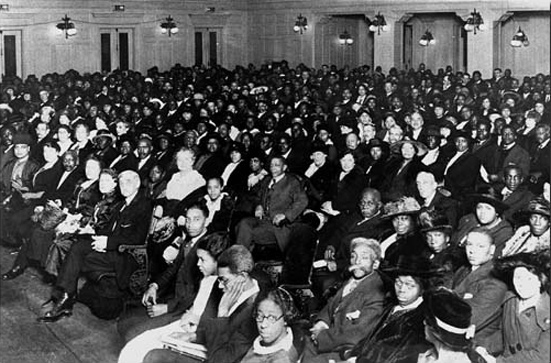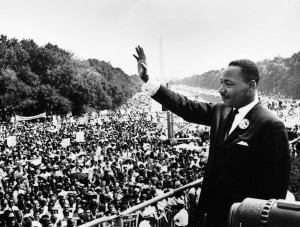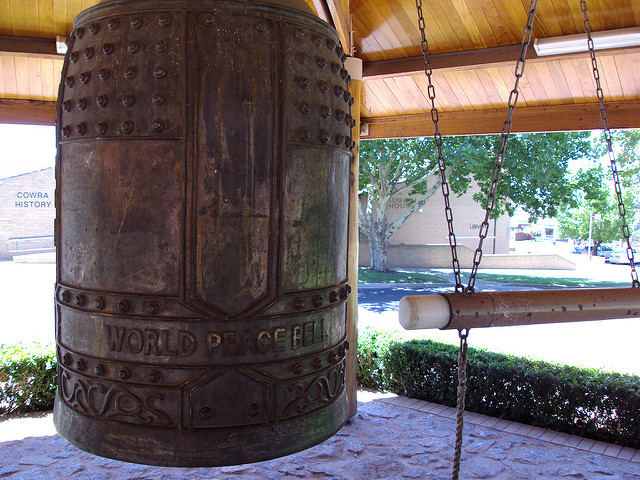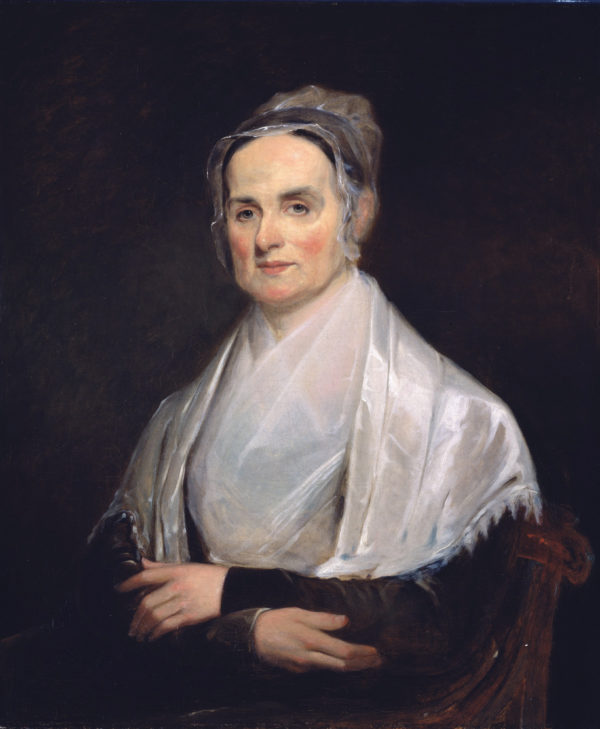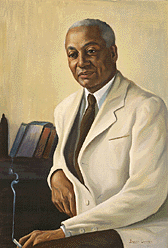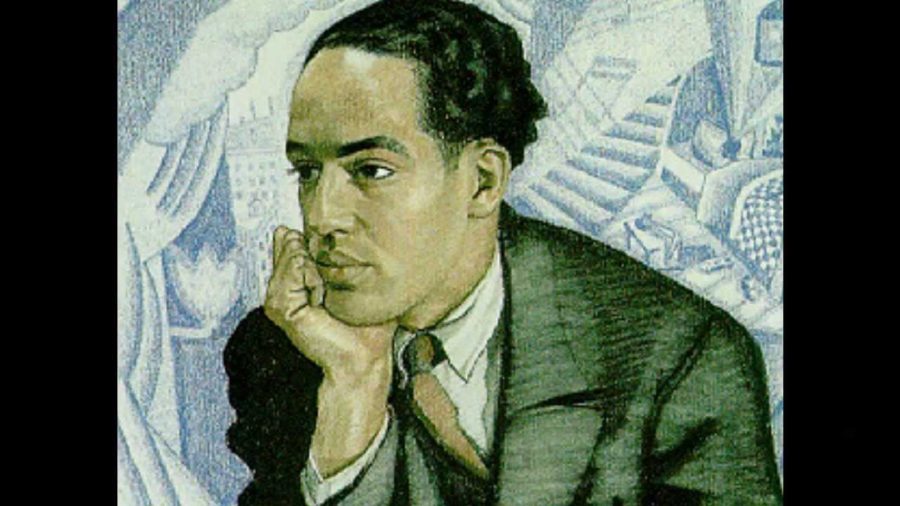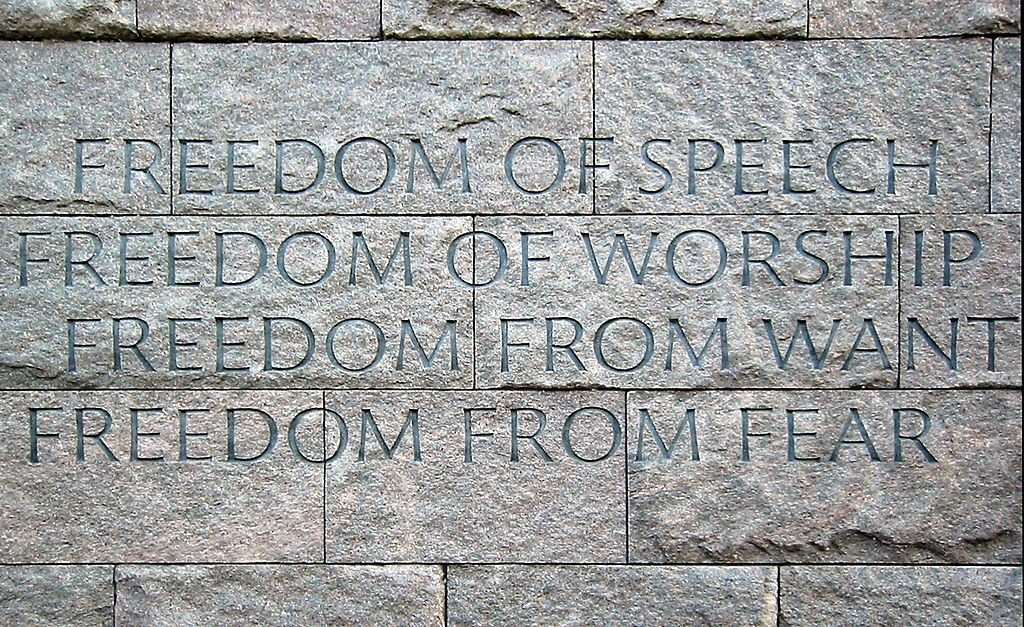-
Seeing With New Eyes: Ibn Al Haytham, Optics and Foreignness
When we think of the science of optics we may think of Isaac Newton, who together with his other discoveries, made important studies in the field of optics. We are far less likely to think of the breakthroughs in optics and science made by Ibn Al Haytham, a scientist who lived in the Islamic world in the tenth century. To Europe he was known as Alhacen or Alhazen. Al Haytham largely solved a scientific problem that had frustrated previous thinkers for more than a thousand years. How do we see? The problem stretched back to the time of Aristotle. Aristotle spoke Greek. Al Haytham’s work was written in Arabic and…
-
Movement Against Xenophobia – I am an Immigrant
“I AM AN IMMIGRANT” is a positive campaign out of the United Kingdom. It celebrates the contribution immigrants make to society. Xenophobia is rising around Europe. Rather than buying into the controversy, the campaign shifts the rhetoric by simply telling the truth. The truth is captured in stories to be placed on posters throughout Britain. The posters tell the story of the contribution that migrants have made to Britain. These stories are as diverse as life itself: from heart surgeon to train driver. Organizers cite the toxic political debate which vilifies migrants and fosters xenophobia as the motivation for the campaign. The video below introduces the campaign. The campaign…
-
Under One Sun
“ …We come from one ancestor, Just one forefather, And one Earth Mother, Under one sun ...” Source: ABC Radio National: The Baha’i soul of Australian singer Shameem Under One Sun features on Shameem’s album titled The Second City
-
The Opposite of Hate
There is a lot of hate about these days. And people debate what the opposite of hate may be. One thing’s for sure. Hate is not the opposite of hate. We see it every night in the “news”. More hate. Once, people at least pretended to need a cause to kill. Now, for some, sheer hatred seems to be enough justification to kill and crow about it. Those who do so condemn themselves by their actions. I don’t need to use the word, for everyone to know what I’m talking about. Terrorism. It’s the new abnormal. And the acts of terror driven by hatred have a purpose. Their purpose is…
-
World in Union
“There’s a dream, I feel So rare, so real All the world in union The world as one. Gathering together One mind, one heart Every creed, every color Once joined, never apart …” The are lyrics from one of the most beautiful anthems to human unity ever written. It is the anthem of the Rugby Union World Cup. Perhaps this shouldn’t be too surprising given the long association between sport and international friendship. The lyrics of the World in Union were written by 1991 by Charlie Skarbek at the request of International Rugby Board. The melody comes from Thaxted, part of the Jupiter theme of Gustav Holst’s The planets. The…
-
Alain Locke on Identity and Human Rights
Of Alain Locke, Martin Luther King Jr. said: “We’re going to let our children know that the only philosophers that lived were not Plato and Aristotle, but W. E. B. Du Bois and Alain Locke came through the universe.” In this article we explore an idea in the work of Alain Locke – the idea that identity and oppression are related to each other. That the pathway to emancipation is through re-imagining our identity. Early on he explored these themes in the introduction he wrote to his 1925 anthology titled “The New Negro“. The tribute above, particularly from Martin Luther King, calls for greater attention to Alain Locke’s philosophy and…
-
Elysium – The Future of Human Rights is Now
Like Gattaca, the movie Elysium paints a picture of a dystopian future. Both movies explore questions of human rights and exclusion. That’s pretty much where the similarities end. Elysium’s Social Justice Message Elysium is unashamedly a sci-fi action flick in mainstream Hollywood tradition. It’s heroes and villians ride in guns blazing. If that’s your thing, then you’ll enjoy the ride. If not, underneath the hero myth, it’s a movie with a serious message. It deals with economic and social extremes in our world today. The future is just a mirror to help us see the present more clearly. In that sense, its science fiction doing what science fiction does…
-
The Universal Declaration of Human Rights: insights from its first draft
Until recent years it was hard to find good information on the origin of human rights. This was particularly true about the creation of the Universal Declaration of Human Rights. The fiftieth anniversary of the Declaration in 1998 began to change that picture as scholars began to turn their attention to the history of human rights. Among the books that have been written since, are Mary Ann Glendon’s book, A World Made New, and Johannes Morsink’s book The Universal Declaration of Human Rights Origins, Drafting & Intent. Both works tell the story of the how the Universal Declaration of Human Rights was created. Glendon’s book also happens to be one…
-
Lucretia Mott – Campaigner for Abolition, Advocate of Women’s Rights, Quaker Visionary
Lucretia Mott was born in 1793 and much of her long life was devoted to working for the abolition of slavery and the emancipation of women. Her life and work, is among those, which have shaped the world in which we live. The significance of her contribution was recognised in when in 1923, when Alice Paul first introduced the equal rights amendment to the US Congress calling it ‘the Lucretia Mott amendment’. The amendment, which has still not been adopted into the U.S. Constitution, states in its first draft article: Equality of rights under the law shall not be denied or abridged by the United States or by any state…



